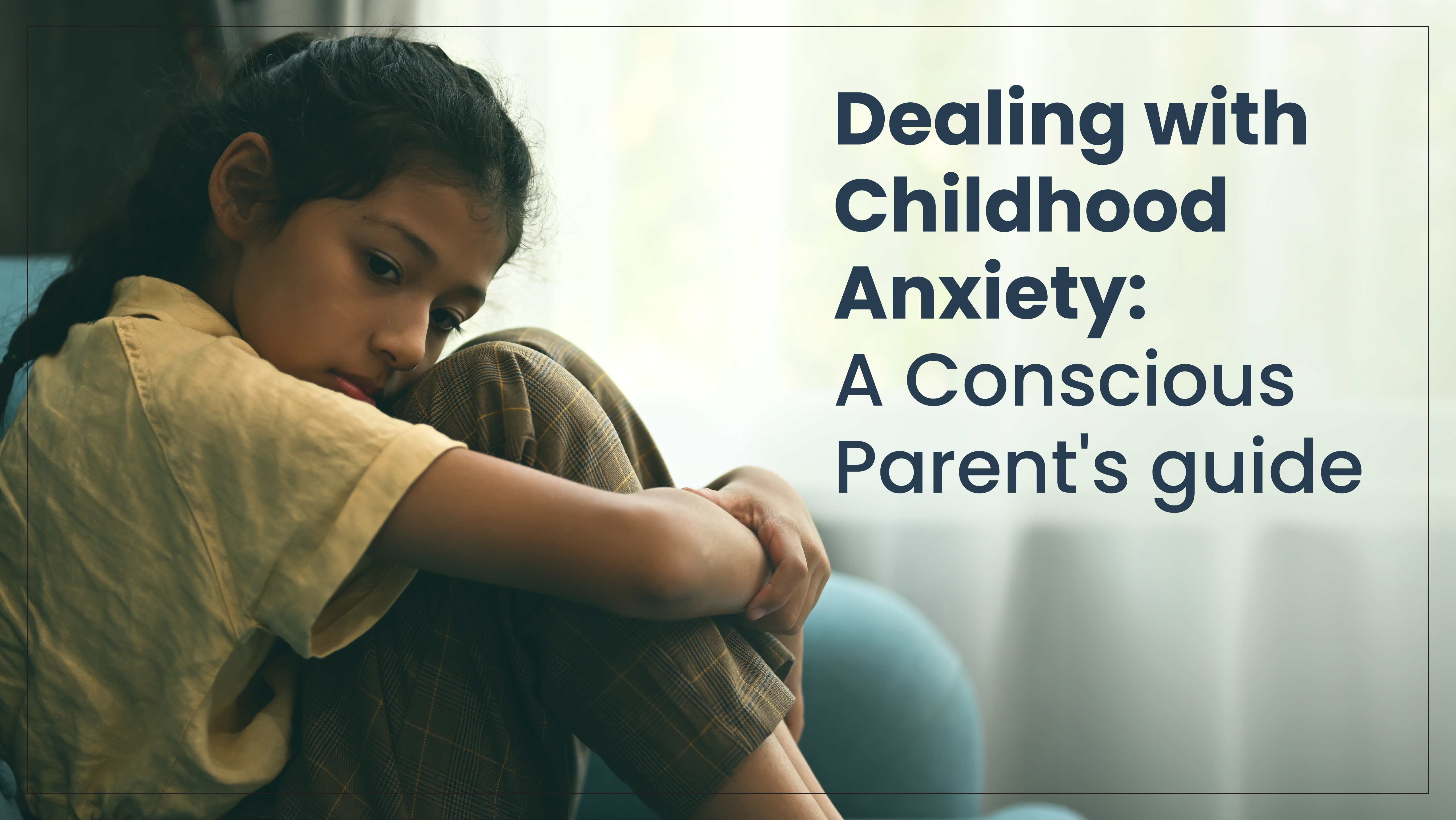Does your child seem worried or anxious in different situations lately? Maybe they have trouble sleeping, focusing, or get upset easily. These could be signs of childhood anxiety. Anxiety is a normal emotion, and everyone experiences it from time to time. But for some children, anxiety can become overwhelming and interfere with their daily lives. For parents concerned about their child’s anxiety, this guide helps in becoming better at dealing with childhood anxiety. To support this overall approach, Narayana has launched Guidecast by Narayana.
Understanding Childhood Anxiety
First, understand what anxiety is. Imagine the brain is like an alarm system. When faced with danger, the alarm goes off, making the heart race and the body tense up. But for children with anxiety, the alarm can go off even when there’s no real threat, making them feel scared, worried, and physically uncomfortable. Childhood anxiety can show up in many ways, including:
- Physical: Headaches, stomach-aches, trouble sleeping, feeling tired all the time.
- Emotional: Feeling scared, worried, nervous, or on edge; crying more than usual; feeling irritable or angry.
- Behavioural: Clinging to parents, avoiding new situations, difficulty concentrating, changes in eating habits.
Tips to Deal with Childhood Anxiety
- Be a Safe Space: Listen patiently when the child expresses their worries and validate their feelings. Acknowledge their emotions and offer comfort.
- Use “I” Statements: Help the child understand emotions by using “I” statements, such as “I feel worried when you seem upset.” These type of statement helps in opening up a conversation.
- Learn the Triggers: Work with the child to identify what triggers their anxiety. Develop coping mechanisms once the triggers are known.
- Practise Relaxation Techniques: Deep breathing exercises and progressive muscle relaxation can help calm the child’s body and mind.
- Positive Self-Talk: Encourage the child to replace negative thoughts with more realistic and empowering ones.
- Exposure Therapy (gradually): For specific fears, gradual exposure can be helpful. It’s important to go at the child’s pace and never force them into a situation they’re not ready for.
- Create a Routine: Having a predictable routine can help children feel safe and secure. Set regular times for waking up, going to bed, meals, and playtime.
- Healthy Habits: Ensure the child gets enough sleep, eats healthy foods, and exercises regularly. These habits can improve mood and reduce anxiety symptoms.
- Limit Screen Time: Set limits on screen time and encourage other activities like playing outside, reading, or spending time with friends.
- Additional Tips for Managing Anxiety: Create a “calm down kit” for the child with items that help them relax, like a favourite stuffed animal or calming music. Read books about anxiety to help normalise it and teach coping mechanisms.
Dealing with childhood anxiety can be challenging, but with the right strategies, parents can help their child manage their fears. Narayana understands that true success encompasses academic achievements as well as the mental and physical well-being of students.
covering topics like mental and physical well-being to help parents strengthen their relationships with their children. Expert speakers provide valuable insights and emphasise the importance of these topics. By following these tips, a positive difference can be made in a child’s life, helping them cope with anxiety effectively. With Guidecast, Narayana reinforces its commitment to the overall development of its students, helping them overcome challenges and achieve their dreams, because at Narayana, Your Dreams Are Our Dreams.


Stay connected, stay informed, and thrive with Narayana Educational Institutions!
